 How old were you when you started Camp?
How old were you when you started Camp?
I was 8 years old when I started at Camp.
How were you introduced to Coniston?
My grandparents moved to New London, NH in the early 90s – seemingly all their friends and neighbors were somehow affiliated with Coniston in some way shape or form. When I was finally old enough to attend back in 2004, my parents jumped at the opportunity to get me out of the house for two weeks. I remember being incredibly nervous, especially not knowing any other campers or staff. That all melted away within a day or two, and for the next 8 summers Coniston was the highlight of my year.
Did you attend college, and if so, what did you study?
Connecticut College, Class of 2016. Bachelors in Environmental Studies. University of Oregon, Class of 2019, Masters in Community and Regional Planning.
What is your current job?
In 2023, I became Portland Parks and Recreation and the City of Portland’s very first Talent Engagement and Development Supervisor. To sum up my job in one phrase – I work to grow the next generation of Parks and Recreation professionals. That includes recruiting and hiring anyone from lifeguards and camp counselors to arborists, horticulturists, and data analysts.
My team leads outreach, recruitment, and marketing for careers and job opportunities with Portland Parks and Recreation by partnering with schools, colleges, universities, professional associations, and community organizations. I also support current employees in their training and professional development. I love connecting with new and emerging professionals interested in careers in STEM, public administration/local government, and especially parks and recreation.
I wear many hats in my job – as a project manager, team leader, mentor, recruiter, trainer, data analyst, and more! I am also the liaison to the Oregon Recreation and Parks Association as well as the National Recreation and Parks Association.
After finishing my master’s, I moved to Portland and was placed with the Portland Parks and Recreation Finance Team as a Resident Fellow by the Portland State University Hatfield Fellowship Program. After this fellowship ended, I didn’t want to leave the City of Portland or Parks and Recreation. I then spent three years as the bureau’s Workforce Development Data Analyst. In this role I supported the data analytics and logistics of a massive staff expansion (from 500 to almost 800 full time staff) – including analyzing recruitment, hiring, retention, and promotion data.
In 2023 I became the City of Portland and the Parks Bureau’s very first Talent Engagement and Development Supervisor. I now supervise a team of five that is focused on teaching, growing, and supporting the next generation of parks and recreation professionals. At PP&R we hire between 1,000-2,000 summer seasonal staff each summer. We work with those staff to support their career goals and apply to full time positions. To sum it up – I love my job!
•In 2024, I was selected by the National Recreation and Parks Association to deliver a presentation at their national annual conference (the topic is “Growing the Next Generation of Parks and Recreation Professionals”). This is the culmination of 5+ years of hard work with my team – and I am so humbled to be able to represent my organization and my city at the nation’s preeminent parks and recreation conference. I am looking forward to sharing our success stories with other parks and recreation agencies from across the country.
•In 2013, I was selected by an interview panel of my peers to become their brand-new supervisor. It was such a humbling moment to know that the people I worked so closely with every day for 4 years trusted me to become their new leader. I respect and look up to my colleagues at Portland Parks and Recreation so much – to know that they trusted me to guide the team, as a mere 28-year-old at the time, was one of the most humbling and meaningful moments of my life.
Most importantly – Compassionate Leadership, Patience, Active Listening, Empathy, Situational Awareness, and Understanding of summer camp and aquatics (lifeguard and swim instructor) operations.
Today my team supports the outreach, recruitment, and hiring of 1,000-2,000 summer seasonal staff for summer camps, swim lessons, and seasonal maintenance. Having worked in those kinds of jobs before, I am way more equipped to understand some of the challenges faced in hiring, training, onboarding, and supervising these staff. And I have a much better understanding of the work our staff do on a day to day basis, as a former camp counselor myself.
Too many to count. My 6 summers as camper, one summer as CIT, and 2 summers as a staff member were some of the most impactful and meaningful times of my entire life.
• Taking Ecology and learning about species and ecosystems found around Coniston really set my personal and professional interests in motion. It was one of my favorite program areas as a camper, and getting to work in that program area as a counselor was a dream come true.
• Running into the lake returning from climbing Mt Washington was and still is probably one of the most emotional memories in my life.
• Overnights at Pennyroyal (especially some interactions with the local wildlife…). During overnights, I learned a lot about situational awareness, working as a group, and having fun in sometimes uncomfortable situations.

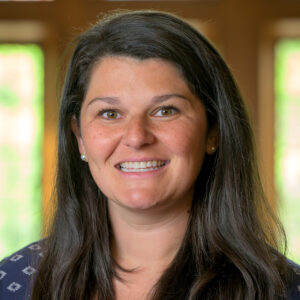 How old were you when you started Camp?
How old were you when you started Camp?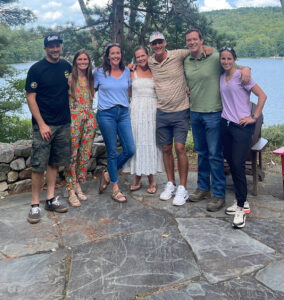 How old were you when you started Camp?
How old were you when you started Camp?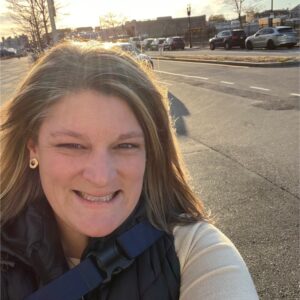 How old were you when you started Camp?
How old were you when you started Camp?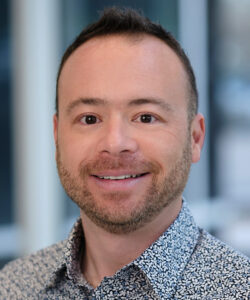 How old were you when you started Camp?
How old were you when you started Camp?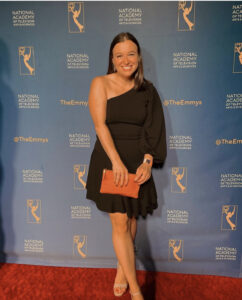 How old were you when you started Camp?
How old were you when you started Camp?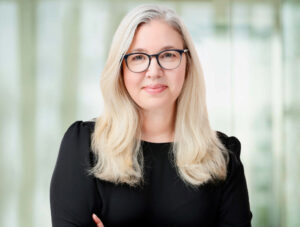 How old were you when you started Camp?
How old were you when you started Camp?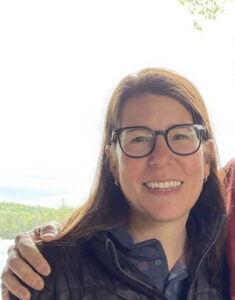 How old were you when you started Camp?
How old were you when you started Camp?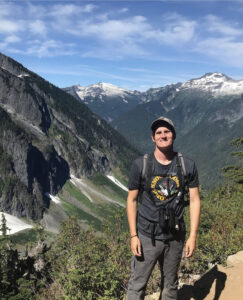 How old were you when you started Camp?
How old were you when you started Camp?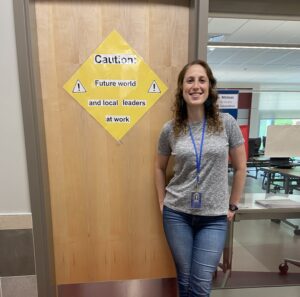 How old were you when you started Camp?
How old were you when you started Camp?